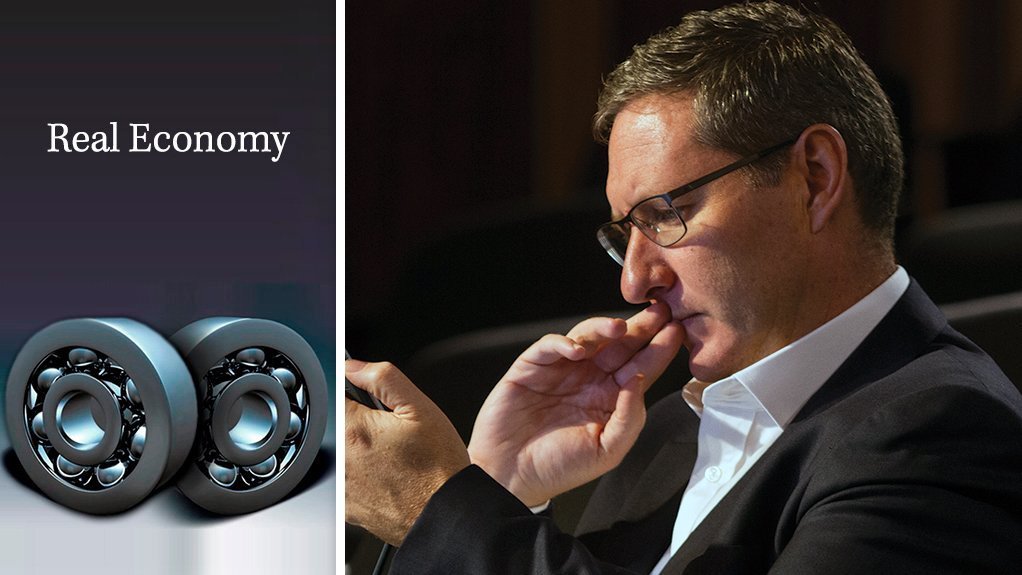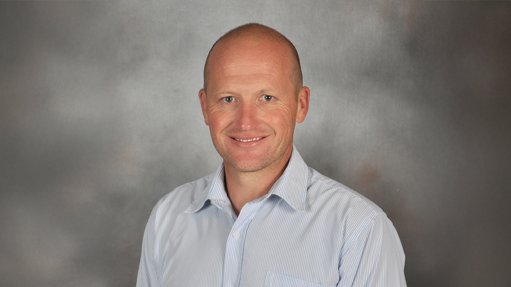Power shift
One of the more interesting exchanges during the recent gathering of energy stakeholders in Johannesburg arose as a result of a question posed to Energy Minister Jeff Radebe by Wits Business School Energy Leadership Centre director Dr Rod Crompton.
Crompton, who is a former full-time regulator at the National Energy Regulator of South Africa and who is currently also a member of the Eskom board, asked whether government was considering allowing greater levels of competition in the energy sector, including the Eskom-dominated electricity sector, as a way of lowering prices and tariffs. Crompton prefaced his question by stressing the importance of ensuring the lowest possible prices for “intermediary” products, such as energy products, in stimulating growth and suggested that greater rivalry could be an important instrument for addressing “artificially high prices we have for so many energy carriers”.
In response, Radebe strongly agreed, stating: “On more competition, yes of course!” The Minister added that competition was already beginning to arise in the electricity generation sector as a result of government’s independent power producer programmes, through which more than 6 000 MW of mostly renewable-energy capacity had already been procured. “But we cannot just end there – we need to move into the next process of ensuring that, at the end of the day, you and I as consumers of electricity get the benefits of lower tariffs. I believe that is what is going to be happening. So, Eskom, prepare for the good times ahead when our people will be enjoying competition from the State, via Eskom, the private sector . . . as well as from nongrid generation.”
How this shift in thinking plays itself out in actual policy will be more interesting to observe.
It is arguably fair to suggest that Eskom is in the early stages of a utility death spiral, with price elasticity of industrial demand, in particular, having emerged as a driver of lacklustre electricity demand growth. It is, thus, unlikely that it will be easily rescued simply through efficiency improvements, downsizing and the extension of incentivised tariffs for baseload consumers.
However, wholesale restructuring is going to be politically challenging, particularly given that certain stakeholders perceive any mention of restructuring to be nothing more than a ploy for the full ‘capture’ of the electricity supply industry by the private sector.
Nevertheless, the mega trends of decentralisation, decarbonisation and digitalisation are posing existential threats not only to Eskom but also to all vertically integrated utilities. Therefore, policymakers in the energy sector have to finally decide what the overarching objective is for electricity policy. If it is, as Radebe claims, using electricity and energy to reignite growth, then South Africa’s policy has to be fully geared towards ensuring the lowest electricity tariffs possible.
Achieving that goal in the current context will require making material changes. Ensuring these changes meet their primary objective will require far-sighted policymaking, as well as planning and implementation rigour. However, it can’t end there. Genuine efforts must also be made to cushion those individuals and industries that will be most nega- tively affected. The good news is that the transition will take decades to materialise. Therefore, South Africa has time and space to respond and respond justly.
Article Enquiry
Email Article
Save Article
Feedback
To advertise email advertising@creamermedia.co.za or click here
Announcements
What's On
Subscribe to improve your user experience...
Option 1 (equivalent of R125 a month):
Receive a weekly copy of Creamer Media's Engineering News & Mining Weekly magazine
(print copy for those in South Africa and e-magazine for those outside of South Africa)
Receive daily email newsletters
Access to full search results
Access archive of magazine back copies
Access to Projects in Progress
Access to ONE Research Report of your choice in PDF format
Option 2 (equivalent of R375 a month):
All benefits from Option 1
PLUS
Access to Creamer Media's Research Channel Africa for ALL Research Reports, in PDF format, on various industrial and mining sectors
including Electricity; Water; Energy Transition; Hydrogen; Roads, Rail and Ports; Coal; Gold; Platinum; Battery Metals; etc.
Already a subscriber?
Forgotten your password?
Receive weekly copy of Creamer Media's Engineering News & Mining Weekly magazine (print copy for those in South Africa and e-magazine for those outside of South Africa)
➕
Recieve daily email newsletters
➕
Access to full search results
➕
Access archive of magazine back copies
➕
Access to Projects in Progress
➕
Access to ONE Research Report of your choice in PDF format
RESEARCH CHANNEL AFRICA
R4500 (equivalent of R375 a month)
SUBSCRIBEAll benefits from Option 1
➕
Access to Creamer Media's Research Channel Africa for ALL Research Reports on various industrial and mining sectors, in PDF format, including on:
Electricity
➕
Water
➕
Energy Transition
➕
Hydrogen
➕
Roads, Rail and Ports
➕
Coal
➕
Gold
➕
Platinum
➕
Battery Metals
➕
etc.
Receive all benefits from Option 1 or Option 2 delivered to numerous people at your company
➕
Multiple User names and Passwords for simultaneous log-ins
➕
Intranet integration access to all in your organisation





















